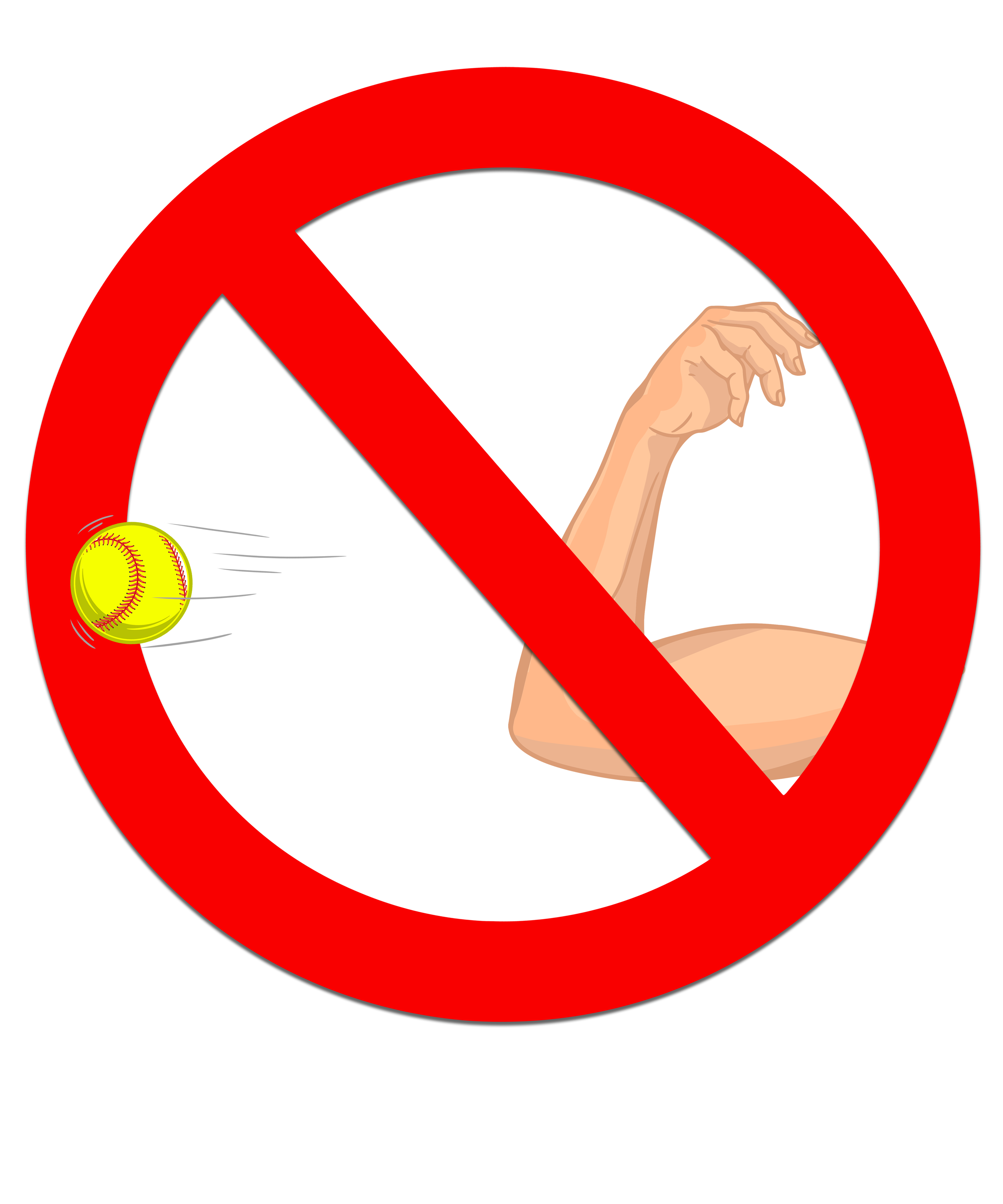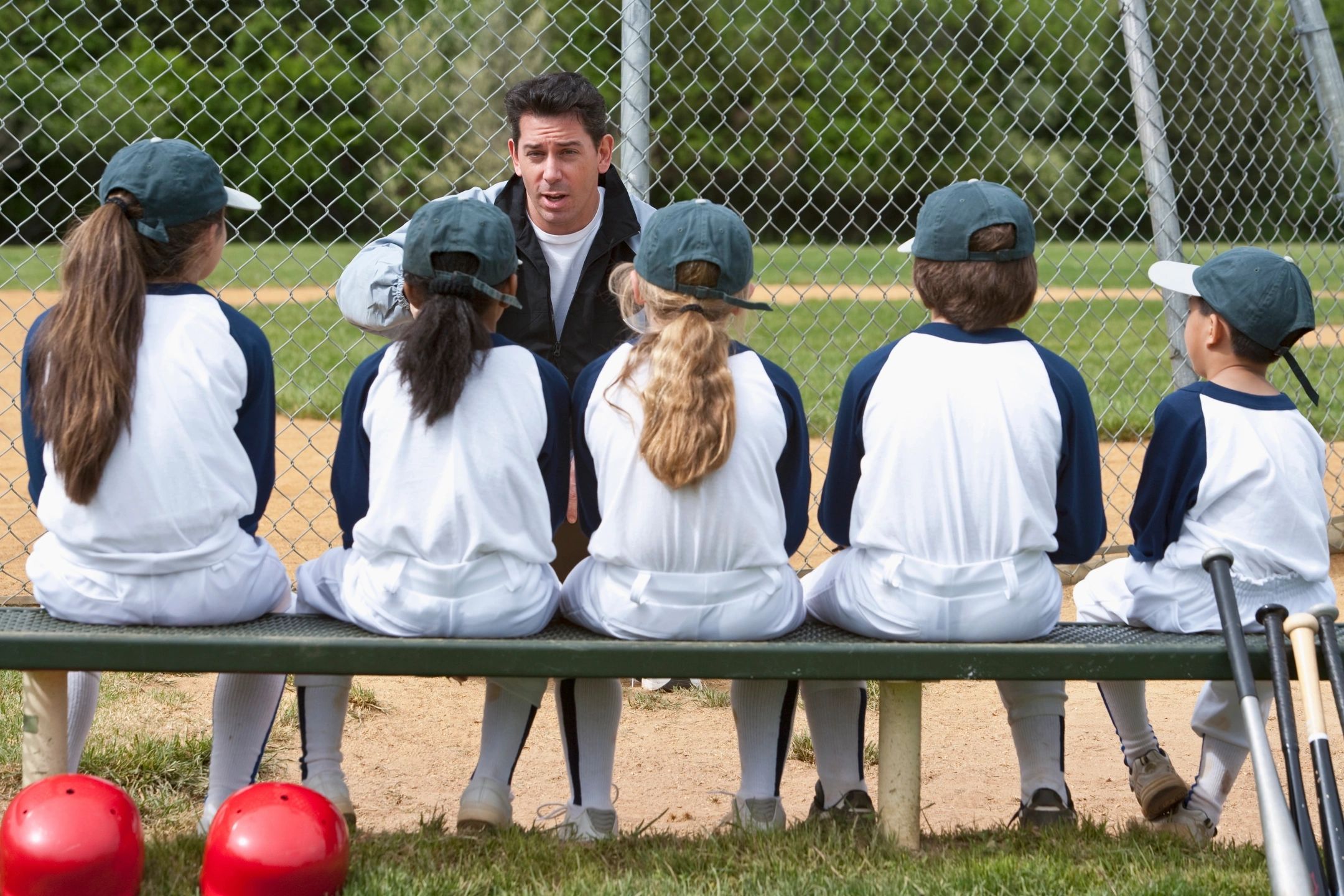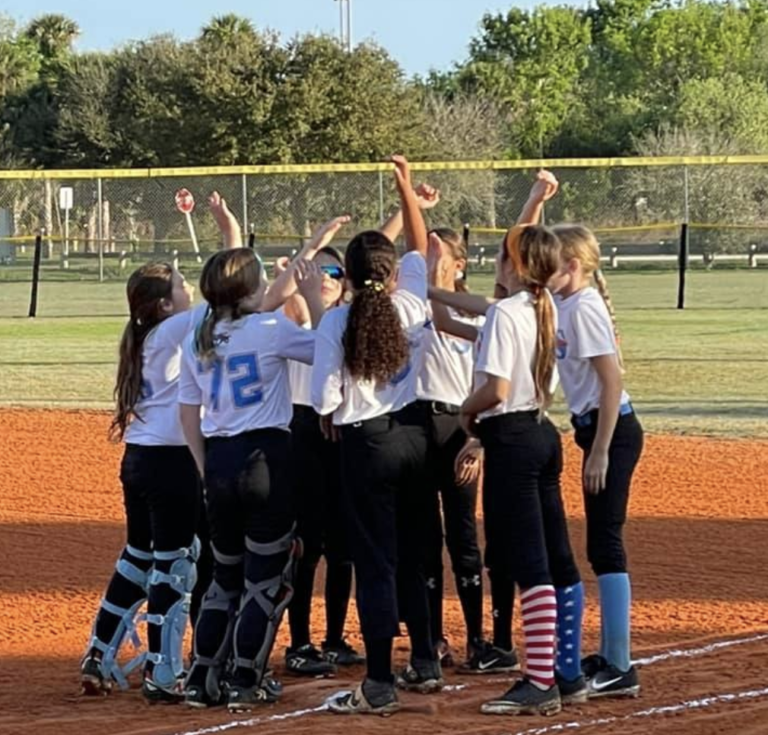How to Pick a Private Coach
How to Pick A Private Coach for Your Child
Picking the right private coach for your son/daughter is one of the most important decisions you can make when it comes to their development. The wrong coach can have long lasting impacts to both a child’s mechanics as well as their mental strength/ self esteem as well. Over the years I have seen examples of brilliant coaches and… not so brilliant coaches. While I do not want to badmouth coaches who are trying their best, I think it is important to highlight some key factors to help parents know what to look for.
1. Can They Feel What They Are Teaching?
You may be shocked that this is listed as number one. I believe, the most important aspects to coaching is being able to feel in your own body whatever it is you are trying to teach to your students. You do not have to make it to the MLB or be on Team USA or even play Division 1 ball in order to be a good coach/ teacher/ instructor. Some of the best instructors I know didn’t “make it” to the highest level of play and they use that as motivation. They take the mechanics they wish they would’ve been taught when they were younger and use them to make their players better. What is important, however, is that the teacher can feel what they are teaching. It takes a lot of practice and patience to teach hitting, catching, pitching mechanics to young children. If the instructor themselves cannot feel what they are teaching, how can they teach it to others? Does the instructor have to have “perfect” mechanics? Of course not. However they should be able to describe- in different ways- what it feels like to them so that the student can feel it as well. Not only does this help in the teaching process, but it can make the instructor more patient because they understand just how hard it is to do what they are teaching.
My last caveat to this, is that sometimes even the best players in the world teach the wrong mechanics because they cannot feel what their body is doing. (This is not true across the board, obviously.) But be mindful of athletes who “have just always gotten it” or where everything comes to them naturally. Sometimes body awareness or proprioception is not a skill every athlete has.
2. Are They Always Learning/ Growing?
Sports knowledge and sports science is always changing and growing. While a lot of softball/baseball mechanics stay the same over the decades, the way we teach them has evolved. Also, with the growth of technology and high speed cameras, we are able to analyze movements like never before. 4D Motion for example is a highly powerful body analysis tool developed for golf that is now being used to analyze the world’s best pitchers. Private coaches tend to be competitive or act as if they have proprietary information. Nowadays with the popularity of Youtube and social media, parents have a wealth of knowledge at their fingertips. Any instructor trying to “re-invent the wheel” is probably trying to sell you. The best instructors are those who collaborate with other coaches in an attempt to improve the game and to improve their teaching techniques for their students. Be mindful of instructors who constantly badmouth other teachers or institutions. We should be working together- not tearing each other down.
While there is not a specific “continuing education program” for private coaches, look for an instructor who is staying current with training tools, technology, and information being used at the higher levels in our sport.
3. Can They Explain Why They Teach What They Teach?
So often, I have students who come to me for an initial evaluation who do not understand much of what they’ve been taught in the past. Now, not all of the blame can be put on past coaches- kids tend to forget things. (In fact there was a study done that children need something to be repeated 11-15 times to them before they actually remember.) However, a lot of the time a child will do a set of drills as their pitching warm-ups and when asked “what is the purpose behind this drill?” they cannot answer. Did the student just not pay attention? It’s possible. However because this happens more often than not, I am inclined to believe a lot of teachers are not explaining why they teach what they teach. Or what a certain drill is trying to implement. More than that, beware of a teacher who simply says “This is how to pitch” or “This is how to hit” or “This is how to catch”. There are multiple philosophies in softball/baseball. A mechanic is not a mechanic to everyone. While there are more efficient ways of doing all of the above, failing to explain why a coach teaches a certain philosophy or mechanic either points to lack of knowledge, insecurity, or laziness.
4. Have They Done “The Work”?
Meeting other private coaches, coaching in HS/ College, and in travel ball over the past decade has allowed me to see many different styles of coaching. I am not here to badmouth or shame any coaches- especially volunteers. Lord knows volunteer coaches have enough on their plates and do not get enough credit. However, if a professional is dedicating their life to coaching our youth, it is important in my opinion, that they have done “the work”. Now, what is “the work”? The work refers to the mental, emotional, and spiritual work it takes to be a leader, teacher, or coach. Children are triggering. Parents of travel ball children can even be more triggering. The events and experiences coaches go through will undoubtedly trigger even the most level-headed coach. And yet, being patient, loving, and kind is so crucial to early childhood development. I’ve noticed in softball/ baseball (and many other youth sports!) the culture is to be “hard” on the kids in order to get them to perform. Sometimes hard means punishments. Sometimes hard means demeaning a child in front of their team, opposing team, and onlookers. If a coach has not done their own emotional healing, whatever they are feeling on the inside will spill out when they are triggered and spill out onto their students. I’ve also seen coaches who coach from a place of ego and feel personally threatened if the 12U team isn’t performing well, leading to screaming, arguing, and even fighting other coaches! (Yes, an actual punch was thrown). A coach who has done the work to heal their own emotional scars (especially the ones from childhood) will allow them to be present with their students, to coach from a loving and positive place, and to limit the amount of yelling, frustration, and negative comments they engage in. Coaches who have done the work also do not shy away from conflict and instead use it as a teaching point and a place of growth.
More reading here: Psychology and Effects of Bad Coaching
Sports Parents, We Have a Problem
5. Can They Admit When They Are Wrong?
Sometimes, try as we might, us coaches teach the wrong thing. We either break an agreement we made to our students/ players, we lose our temper, or we teach the wrong mechanics. I am guilty of this myself. The first few years of my private lessons, I was teaching “Hello Elbow” and having girl’s hips be 100% sideways. I have since understood my errors and where they came from. While I have not had the ability to personally apologize to every student I’ve ever had, I’ve tried to make it right with as many as I can. I will also tell my students when I am wrong about something. I am not perfect at this, but I strive to always be honest. If a coach admits when they don’t know something- this is a good sign that they are committed to teaching the right thing.
6. Are They Encouraging The Student To Get Additional Help?
In the pitching coaches group I am a part of, I am surrounded by world class (and world renown) pitching coaches. I am blown away by their knowledge and credentials. Some of these coaches have every reason to keep their knowledge and students to themselves and boast being one of the best in the world. However, none of them do. In fact, they do the opposite. I will not name drop, but one of the coaches let our entire group of 30 analyze her star pitcher to “get more eyes on her”. Great coaches know that they can’t see everything. Great coaches are not intimidated by another coach helping their students. It takes a village to raise a softball player and if another coach can help one of my students, it would be silly to stand in the way of that!
7. Are They Using Technology to Enhance Teaching?
It can be difficult to get a student to see or feel what they are doing. A great coach will use either video analysis programs, videos of great pitchers/hitters/ catchers, or new tools to help their students. Showing students, in slow motion, what they are doing compared to what some of the greats in softball/baseball are doing, can be very powerful during a lesson. Without technology, an instructor is limited to words and verbal description. This is usually not enough for most students.
In Conclusion…
There are many more things that make coaches and private instructors great. However these are the most important points I have seen over the years. Ultimately, it is up to you, your family, and your child to determine who to trust their development with. Sometimes we get it wrong, and hopefully you live in an area where there are other options. (Keep in mind, many great instructors now do online or remote lessons!) Sometimes students outgrow their private coach (and that’s okay too! We understand, I promise.) The most important person in this equation is the student and should always be the student. Treat the first few lessons with a new instructor as an interview. Ask questions, see if the child is comfortable. If you decide to walk away, do not feel guilty! Choosing the correct coach is crucial and at the end of the day, you are the customer.
Thanks for reading! More on this subject (and others!) coming soon…




Love this ❤️ Thank you for all you are doing with the team and Makenzie!!!